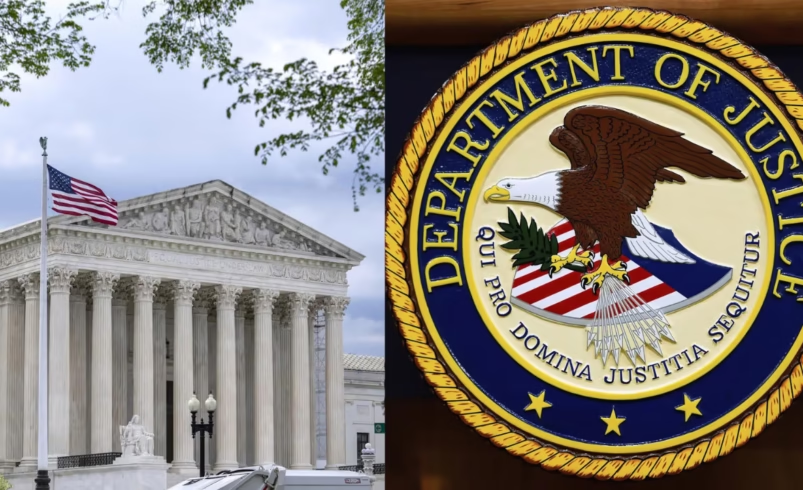Judge Blocks Epstein Grand Jury Transcript Release
- August 21, 2025
- 0

In a significant legal decision, a U.S. judge has rejected the Department of Justice’s request to unseal grand jury transcripts related to the Jeffrey Epstein case. This ruling underscores the complexities surrounding the high-profile investigation into Epstein’s alleged crimes and the ongoing scrutiny of legal proceedings associated with it.
The judge, identified as Judge Berman, emphasized that the transcripts in question were of limited value when compared to the broader case file. The decision highlights the judiciary’s careful consideration of what constitutes valuable evidence in such a sensitive and high-stakes case. The transcripts reportedly contained testimony from an FBI agent, which was deemed hearsay due to the agent’s lack of direct knowledge about the crimes Epstein was accused of.
This ruling could have significant implications for how evidence is handled in ongoing investigations related to Epstein. By denying access to these transcripts, the court maintains a focus on more substantial evidence within the case file, potentially influencing future legal strategies and public perception.
The Epstein case has garnered widespread public interest due to its complex web of allegations involving high-profile individuals. The decision to keep certain documents sealed may fuel further speculation and debate over transparency and justice in high-profile cases. As the legal proceedings continue, this ruling serves as a reminder of the delicate balance between public interest and judicial discretion.